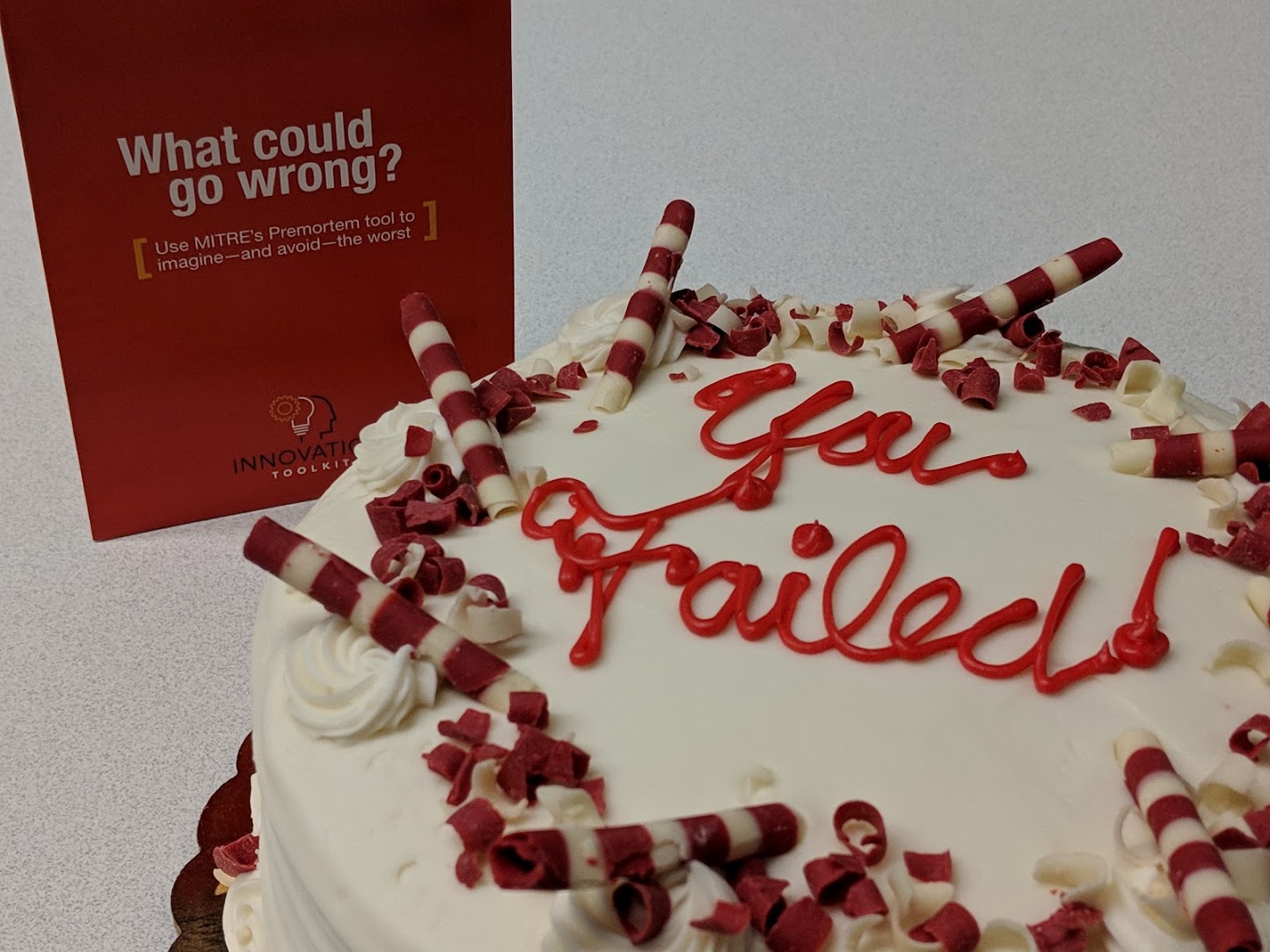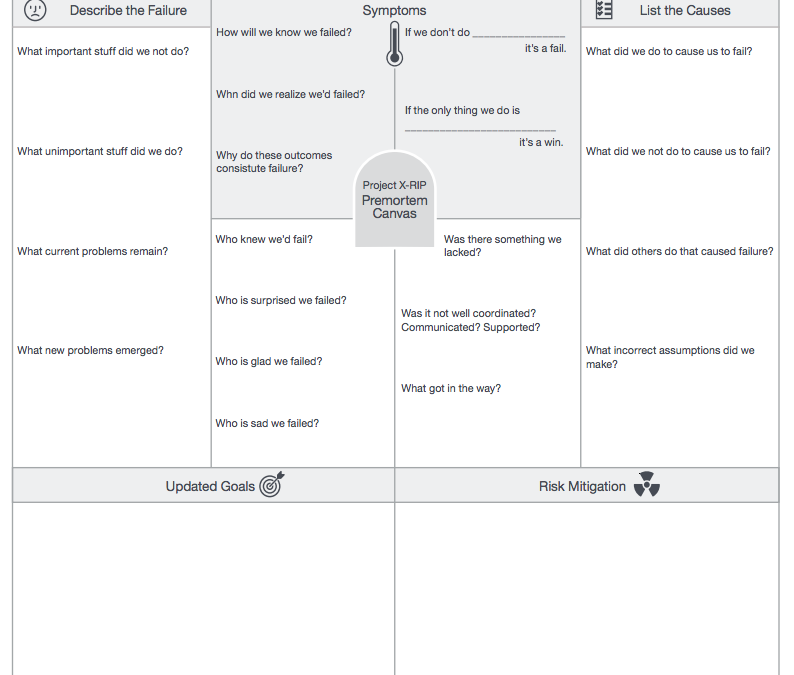
by dbward | Jan 31, 2022 | celebrating failure |
The book was titled Perfect Vegetables, so imagine my surprise when I opened it to a random page and came across this line:
“None of the methods proved satisfactory. The wrapped leeks were too tough and dry, while the naked ones were too tough to chew.”
I was struck by this blunt description of their failure, and even more struck when I realized this pattern was consistent throughout the whole book, from artichokes to zucchini. Page after page provided detailed descriptions of disappointing results, cooking techniques that didn’t work, and veggies that were bland, limp, or otherwise inedible… the opposite of perfect. I realized that this book was not just “350 exhaustively tested recipes” (as the cover says), it’s also the failure-filled story behind each one.
I love everything about this. If ITK made a cookbook, I bet it would look a lot like Perfect Vegetables.
Whether the subject is a Master Recipe for Grilled Fennel (page 122) or helping a team build clarity and consensus around their problem statement, the path to perfection is paved with lots of imperfect attempts, lots of little experiments that generate insights… if we’re paying close enough attention.
It’s easy to overlook that fact if all we see is the final, finished, perfect product. By sharing their process and describing all the dead-ends they explored, the authors help readers really understand the deeper practice of cooking well. None of these “perfect” recipes came out of thin air. In some cases, the air was full of the smoky residue of burned peppers (pg 184).
So don’t worry if some of your ITK experiments don’t quite turn out the way you’d hoped. That’s all part of the process, and we’ve all been there. When that happens, just do what Team Toolkit does – toss those veggies in the trash and start baking a Failure Cake.

by jessicay | Jan 28, 2019 | celebrating failure, Uncategorized |
No one likes to fail, but it happens to everyone at some point and it’s almost never fun. Dealing with failure is something that I have personally struggled with throughout my life. Early on, my parents instilled a drive to succeed in all of my academic endeavors. I was anxious every time my report card came out. Anything less than an A would be considered a failure and garner disappointment from my parents. Perhaps unintentionally, that created a deep fear of failure that manifested in various ways later in my life. I would be paralyzed when trying to write anything. Externally this would look like procrastination when in fact I was afraid of failing to create something less than perfect. Even when I could get started I would stay up all night tweaking and editing. This fear would even follow me into my martial arts practice. I would be fine when practicing with fellow students and instructors, but the moment I had to perform alone that fear of failure would creep up again. It took me a long time to realize that failure is not only just a part of life, but a necessary one.
Team Toolkit encourages people to think differently and to approach problem solving in new ways. This involves a certain level of risk. The new thing we try might work out fantastically or it might not. We could not encourage people to take risks and be bold with any integrity if we were not also willing to do so individually and as a team. So we make it a point to go after things that seem out of reach and try to also do things in novel ways.
In an early quest for funding, we had to suit up and present our Innovation Toolkit concept to a panel of judges. A lot was riding on this. We had done our initial ground work without any funding, but now that we were ready to move from concept to product we needed some cash. We worked hard on that presentation and it felt like the future of the project was riding on it. However, the judges did not select our project. We failed.
At that point, something really cool happened. Aileen, in her infinite wisdom, decided to mark the milestone and celebrate our first significant failure by bringing in our first Failure Cake. On this cake, in bold red icing, were the words “Can’t Stop, Won’t Stop.” It was delicious in so many ways.
This started our tradition of Failure Cakes. Now whenever we try to do something new and different, whenever we take a risk, we look at it as another opportunity to get cake. We celebrate our successes too, of course, but a successful proposal usually means more work and we don’t always have time for cake. Our failure cakes, on the other hand, are a bit more memorable. Maybe it’s because we need them more.
Our small team can’t usually eat an entire Failure Cake, so we share them with everyone in our hallway. And yes, we tell people why we are having cake, which allows us to talk about and reflect on the situation. This usually causes a bit of confusion, because most people are not familiar with the Failure Cake concept. However, sharing our failure is a way to let people know what we have been up to, to lead by example by celebrating failure, and hopefully to inspire and encourage others to be bold and try new things. Why? Because the worst that could happen is cake.
We’d love to hear how you encourage boldness or celebrate failure. And we’d really love to see photos of your failure cakes!
Post by Jessica Yu



